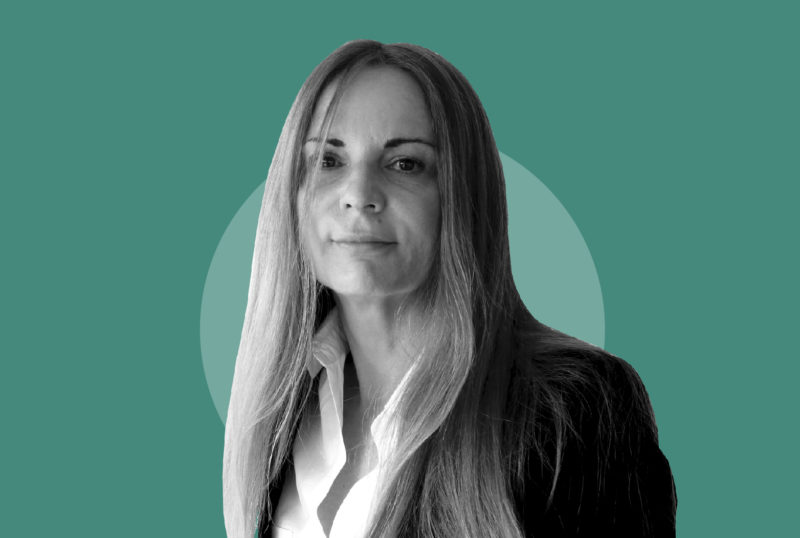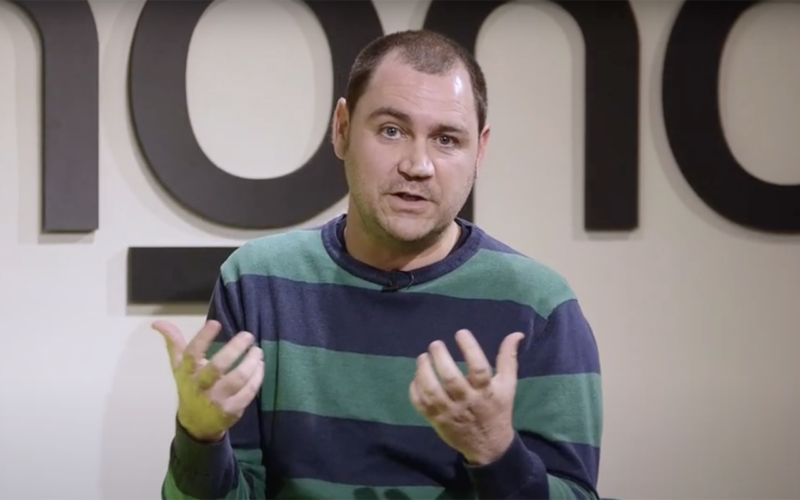

Loans at risk of default soar
Nearly 100 billion euros of loans granted by Spanish banks are on the verge of default, according to the Bank of Spain. And everything indicates that the situation will worsen in the second half of the year, so difficult times lie ahead for the banking sector.
At the end of 2021, Spanish banks accumulated loans at risk of default amounting to 94 billion euros, with an increase of 14% in the last quarter of the year, according to a report by the Bank of Spain. These are loans that the Spanish banking supervisor places in the “special watch” category because they have not yet defaulted, but are at risk of becoming non-performing. Overall, they represent 8% of total corporate and household debt, 2.2 percentage points higher than before the pandemic.
Business loans that are on the verge of default are the most worrying, having risen by almost 26%, and account for almost two thirds of the total under “special surveillance”. Even so, we should not lose sight of the fact that the likely rise in short-term interest rates could complicate the repayment of mortgage loans taken out by many families.
The situation of loans considered doubtful by the Bank of Spain is not good either. Although the total has fallen by 5.5%, it is still close to 50 billion euros. Of the total, 27 billion correspond to companies and 22 billion to households.
The impact of the pandemic
The business sectors most affected by Covid-19, which account for 24% of total doubtful loans and under special surveillance, show the greatest signs of deterioration. For example, 35.5% of the credit granted to hotel and catering companies is under special surveillance and 6.5% are doubtful loans, so that problematic credit is close to half of the total. In the case of transport, problematic loans account for 27.5 % of the total. And it should be borne in mind that these sectors are particularly sensitive to the rise in energy and food prices.
The Bank of Spain also notes a deterioration in loans to businesses guaranteed by the ICO in the second half of 2021. Total ICO credit under special surveillance increased by almost four percentage points in the last six months of the year to 20%, while that considered doubtful accounts for 3.5%, an increase of 1.4 percentage points compared with June last year.
The end of the grace period for repayment of the principal that many companies with ICO loans will have to face in the coming months increases the risk of credit deterioration. It should be borne in mind that, according to the Bank of Spain’s report, more than a third of these loans are still in the grace period for repayment of the principal.
Not an encouraging picture
The Bank of Spain notes in its report that the Spanish banking sector as a whole shows an “adequate” aggregate resilience to face a possible deterioration of the economic situation. However, it recognises that “the combination in the short term of higher inflation, which erodes the real incomes of households and companies, and an increase in interest rates, could reduce the payment capacity of these agents”.
The fact is that the combination of several circumstances could cause a perfect storm in the second half of the year for Spanish banks. The economy has already shown signs of slowing down in the first quarter of the year, inflation is still soaring, household consumption is contracting, and many companies will soon have to start repaying the principal on ICO loans.
If we add to all this the likely rise in interest rates by the European Central Bank, which would complicate the repayment of all variable-rate loans, the risk of default will skyrocket in the second half of the year.
Is the Spanish banking sector as a whole really prepared to face this scenario? The “adequate” resilience pointed out by the Bank of Spain might not be enough. And we all know what happened to the banking sector when the real estate bubble burst.
If you want to discover the best option to protect your savings, enter Preciosos 11Onze. We will help you buy at the best price the safe-haven asset par excellence: physical gold.
Leave a Reply
You must be logged in to post a comment.





gràcies
Gràcies a tu, Joan!!!
A veure com evoluciona.
Sí, a veure…
La situació es critical però abans de que falling els bancs el gobern com sempre endeutara el país,un cop mes
Molt probablement passi això, ja ho veurem, però en un futur no massa llunyà els bancs tradicionals deixaran d’existir, almenys en el format actual. Moltes gràcies pel teu comentari, Alícia!!!
La situació a mesura q vagin passant els mesos anirà a pitjor, i els bancs no crec q tinguin prou reserves com per a fer front, els impagaments q es produiran
Ja ho anirem veient tot plegat, però s’acosten temps difícils… Moltes gràcies pel teu comentari, Manel!!!